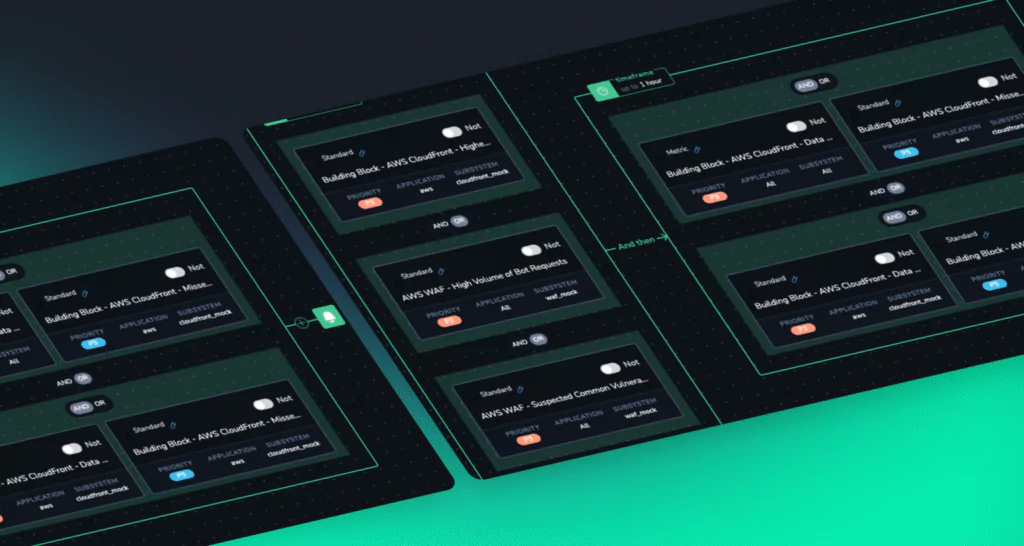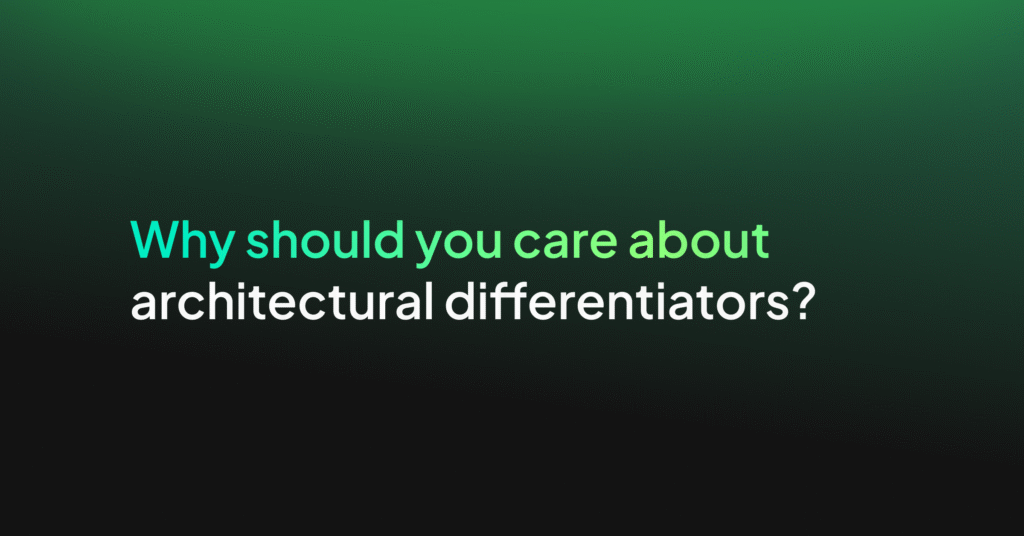Coralogix Logging vs GCP Logging: Features, Pricing and Support

Google Cloud Platform (GCP) offers a wide range of features to support their core deliverable, highly available and scalable infrastructure-as-a-service. One of these features, GCP’s log management – available via GCP Log Explorer – is offered to support their customers’ basic logging requirements.
To better assist choosing a full-stack observability solution suited for your needs, we’ve put together a comparative overview that covers features, pricing and support provided by Coralogix and GCP Logging.
But before exploring all the differences, it’s important to emphasize that Coralogix is a leader in providing in-stream log analysis for logs, metrics, tracing and security data, leveraging open source telemetry and storage (no vendor lock-in) with up to 70% cost savings in comparison to all other observability solutions.
Furthermore, when it comes to support, Coralogix offers all customers a median 30-second response time, an SLA measured in minutes with 24/7 live support. All at no extra cost.
Coralogix Logging vs GCP Logging
Let’s now take a look at the details.
Pricing model and built-in TCO optimization
The Coralogix pricing model is based entirely on GB ingested with no solution tiering or extra costs for features, allowing you to more easily predict costs. In comparison, the GCP offering is based on a different price per service and data type. This means that with GCP it will be harder to work out precisely how much you’ll spend.
Furthermore, with Coralogix you can choose whether to index all or just part of your data and whether to use hot or archival storage using our TCO optimizer. Many customers start with indexing and hot storage, but over time typically will shift more of their data to archive as Coralogix’s unique, in-stream data analysis, enables querying archived logs in seconds and with no additional cost. These choices are flexible and can be modified at any time.
By contrast, GCP advises customers to delete unused resources in order to save cost. This is standard practice across all their tools and a strong indication of zero, built-in cost optimization for GCP observability.
Customer support
Google Cloud Platform support for outages and incidents comes in three tiers, offering standard, enhanced and premium support.
- Standard support comes at an additional cost of $29 / month and only operates within local business hours. Additionally, it only offers support for P2 severity issues and aims to respond within four hours.
- Enhanced support costs $500 / month and aims to respond to P1 incidents within one hour.
- Premium support costs $12,500 / month and aims to respond to P1 incidents within 15 minutes.
By contrast, Coralogix offers all customers a median 30-second response time, an SLA measured in minutes, and 24/7 support. Coralogix also offers a median resolution time of 43 minutes which means we are resolving issues faster than most of our competitors are even acknowledging them and all at no extra cost.
The closest comparable response times between GCP and Coralogix is their Premium support package, representing a $12,500 / month saving.
Keeping you fully alert
GCP offers extremely limited alerting functionality, however it does not compare to Coralogix.
Coralogix offers 6 different types of alerts, ranging from simple log counts, all the way through to ratio and time relative alerts. Coralogix log alerting is by far the most sophisticated on the market, and enables highly sophisticated insight generation.
Additionally, Coralogix supports the “more than usual” and “less than usual” alert conditions, which are driven by a machine learning algorithm to detect anomalous data flow patterns in customer data. These enable the detection of “unknown-unknowns” and act as a safety blanket to catch issues that may otherwise go undetected.
Coralogix Flow Alerts allow you to orchestrate your logs, metrics, traces, and security data into a single alert that tracks multiple events over time. Using Flow Alerts, you can easily track the change in your system.
AIOps with log clustering
Loggregation or log clustering is another unique feature in the Coralogix toolkit.
Loggregation condenses millions of log entries into a narrow set of patterns using machine learning. It does so by automatically analyzing each log record sent to Coralogix, then separating the log constants from its variables.This allows you to cut out all the noise and understand which logs are accounting for the most errors and more.
GCP logging does not offer a competitive alternative to this feature, and suffers from noise and unwieldy amounts of data when dealing with the huge volume of logs typical in today’s digital environment.
Archiving and archive query
Google Cloud does offer a basic archiving solution, but it doesn’t have much functionality around it. Conversely, all Coralogix customers, regardless of ingestion amounts, can remotely archive their data into cloud object storage. Since Coralogix does not tier its solution, customers who ingest their data into the platform gain immediate access to every single feature.
With the Coralogix platform, you can also perform remote queries in seconds on archived, unindexed data. GCP does not offer this feature, and instead relies on its customers to perform the necessary engineering work to join together Amazon Athena, AWS S3 and other tools, adding to your overall costs and resource commitments.
If you are looking for a cost-effective, full-stack observability solution that gives you comprehensive visibility into logs, metrics, tracing and security events, sign up today.




